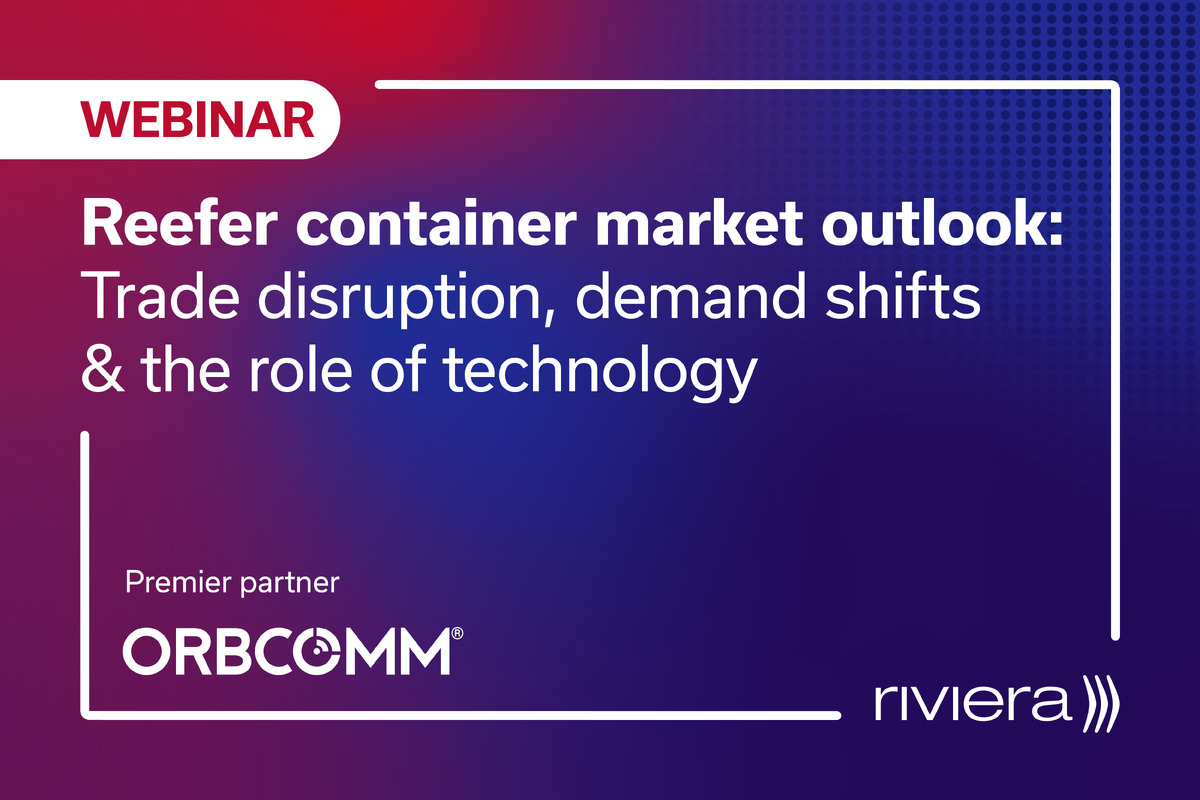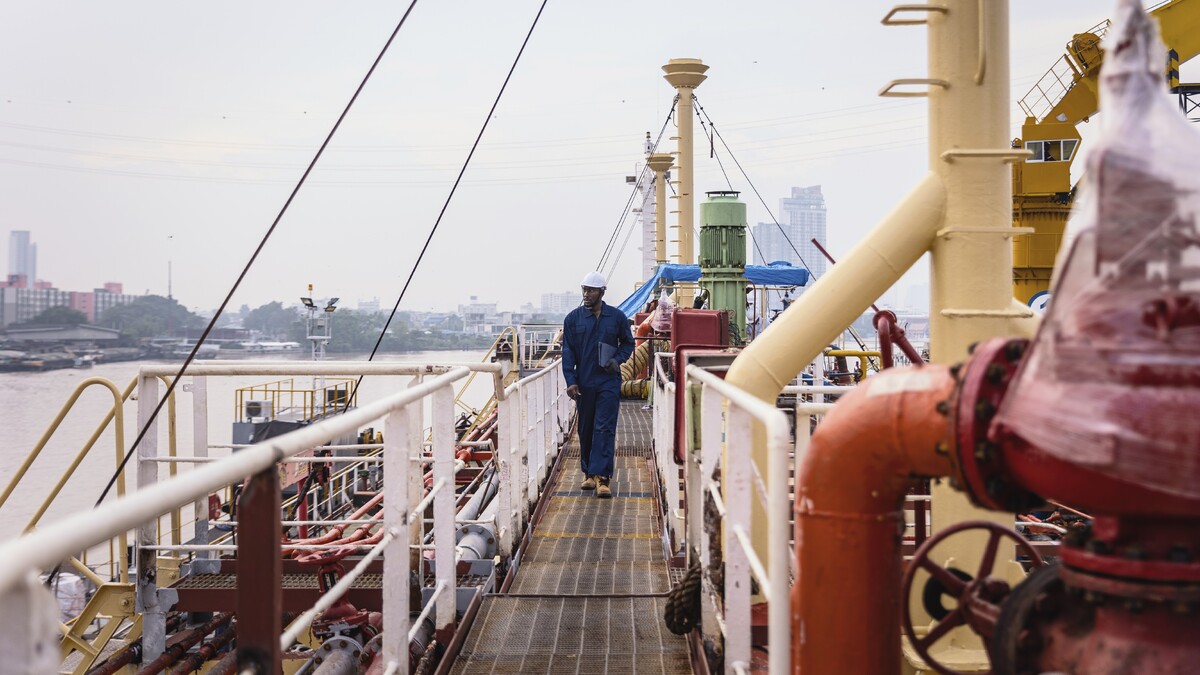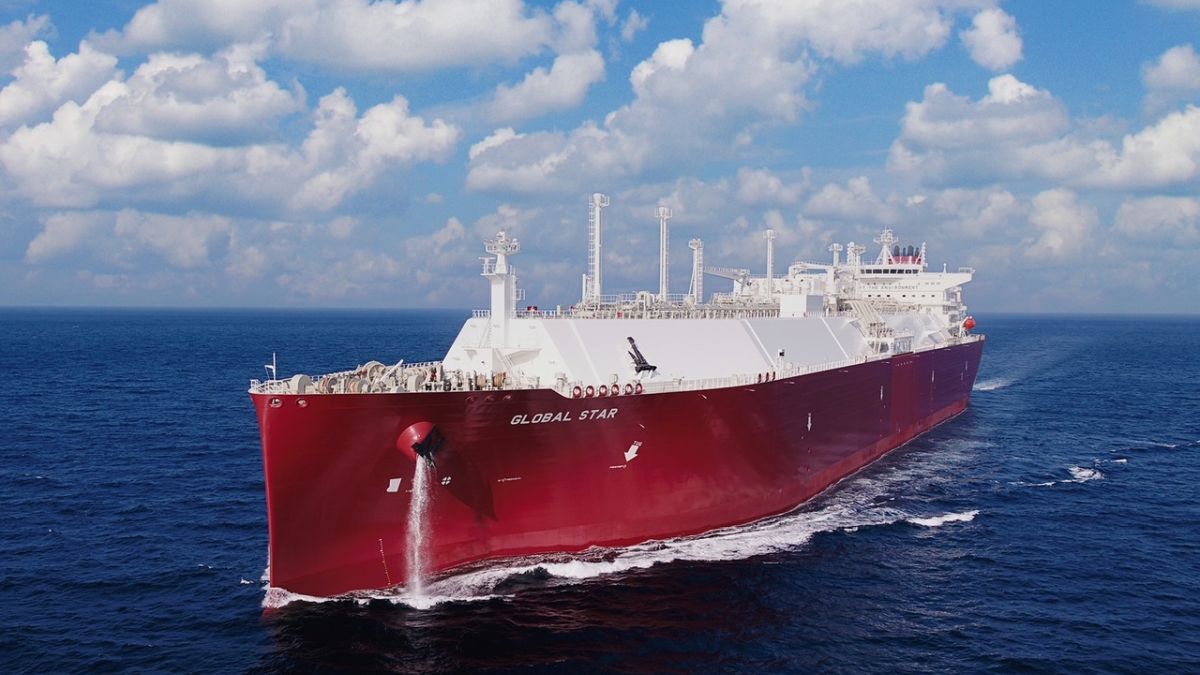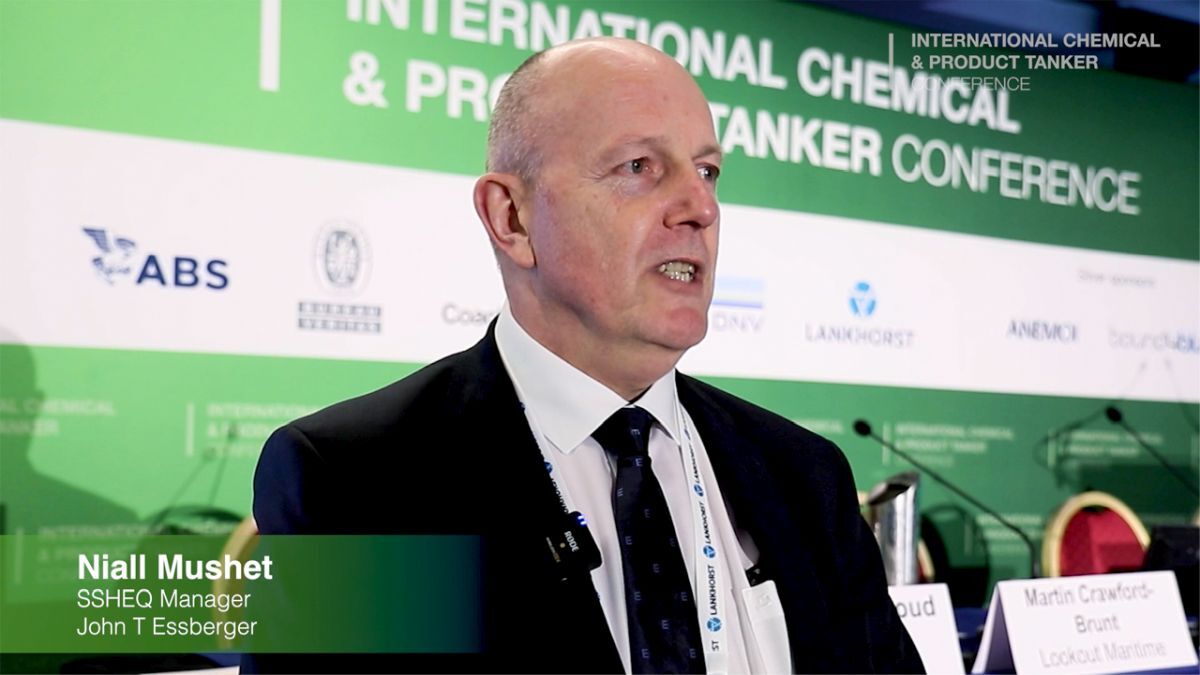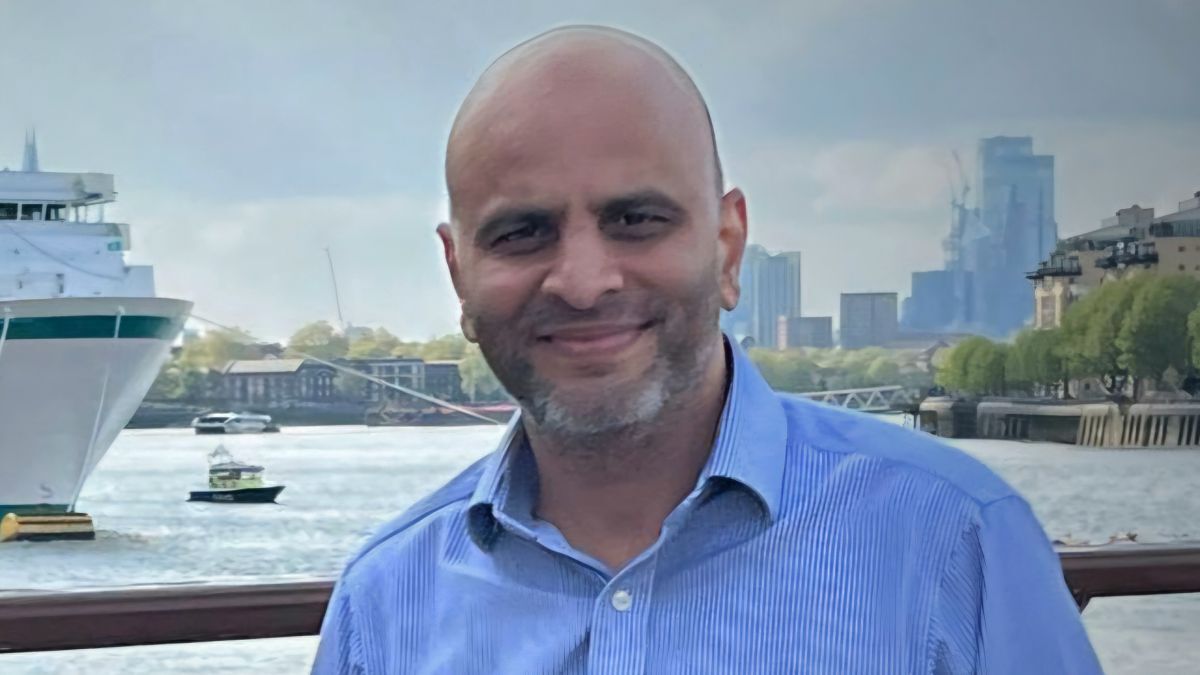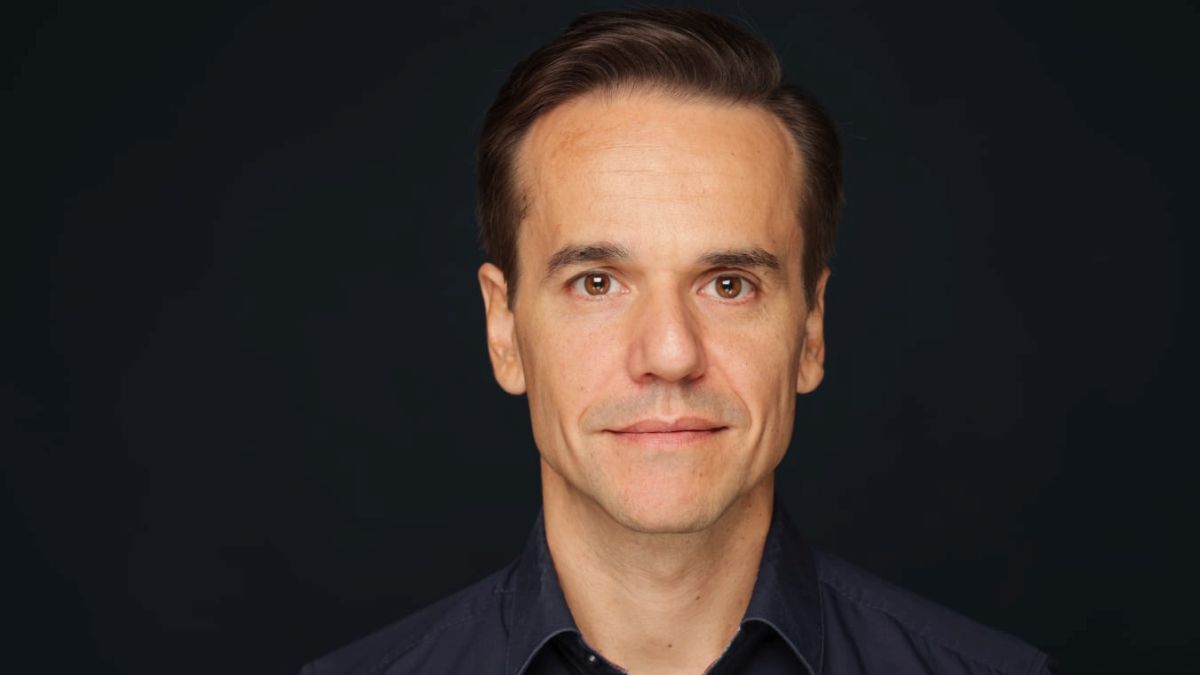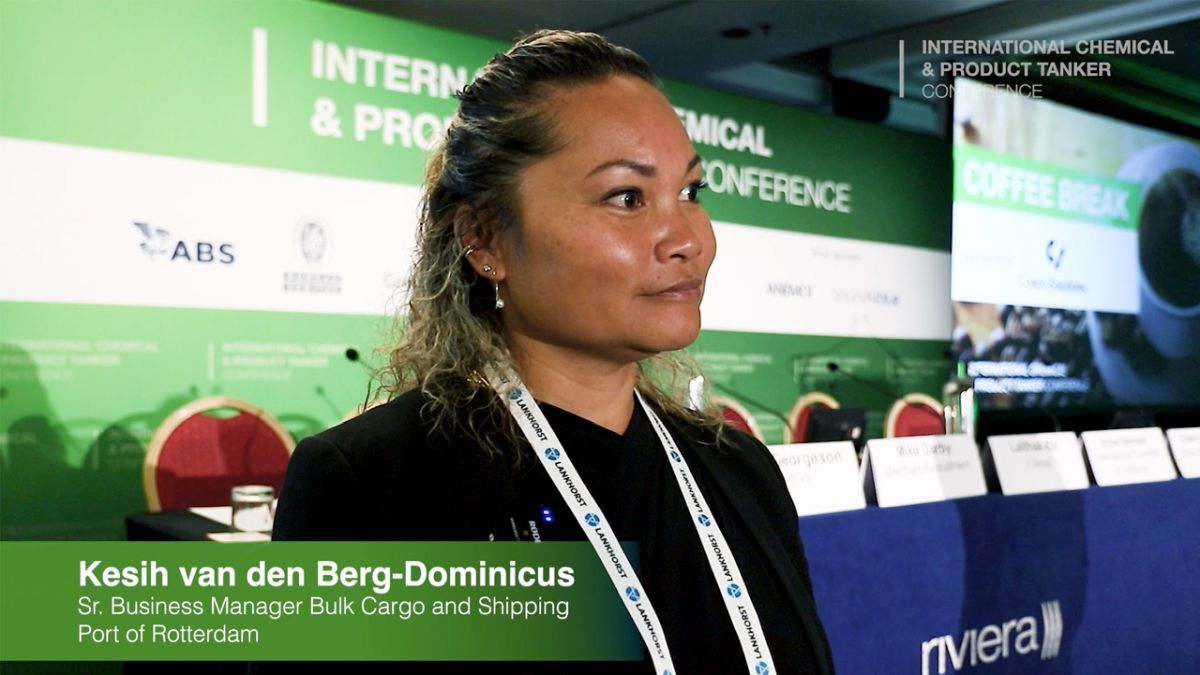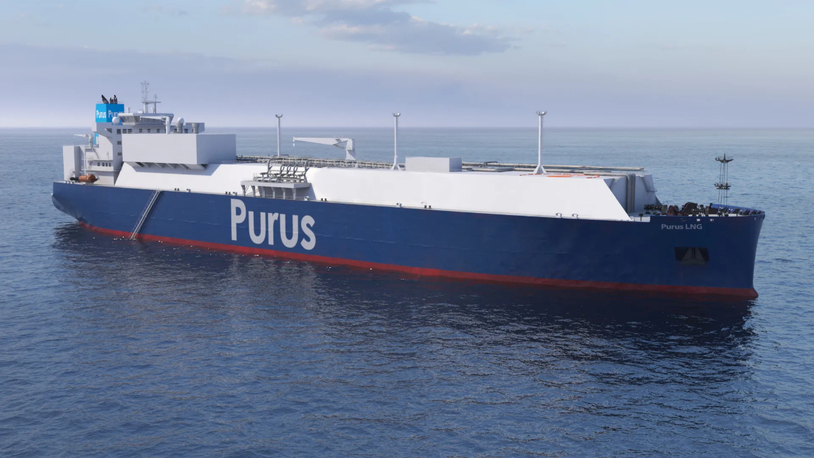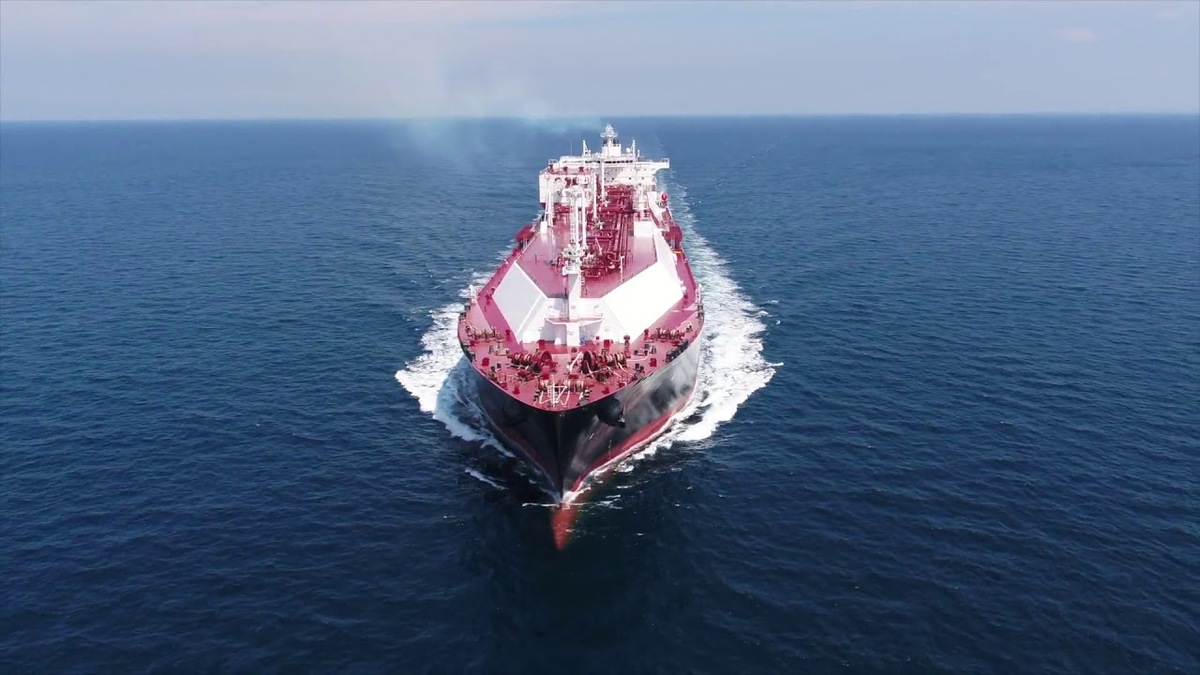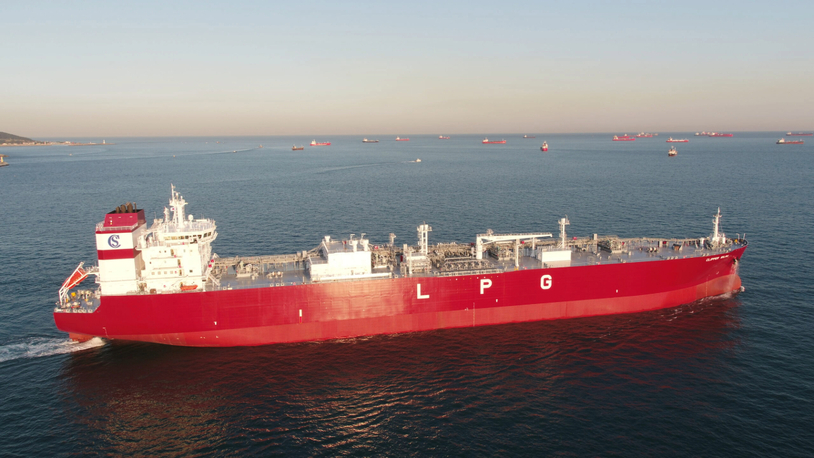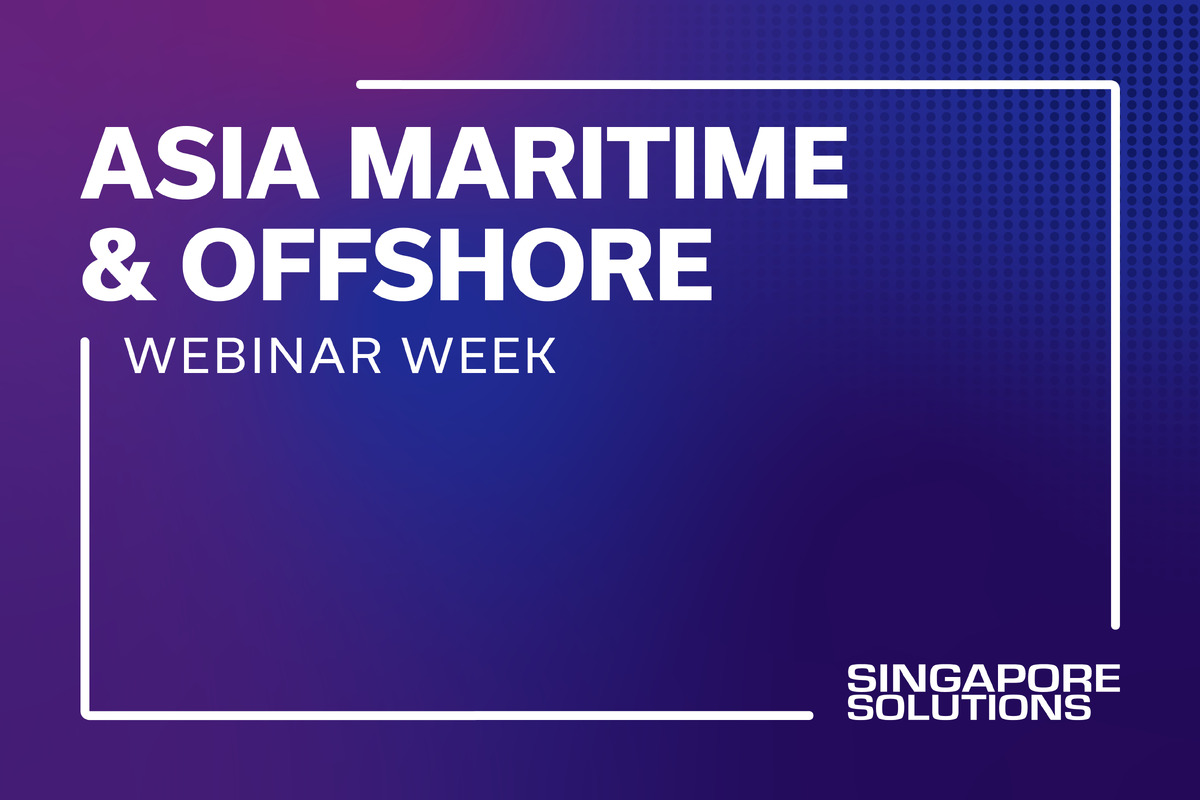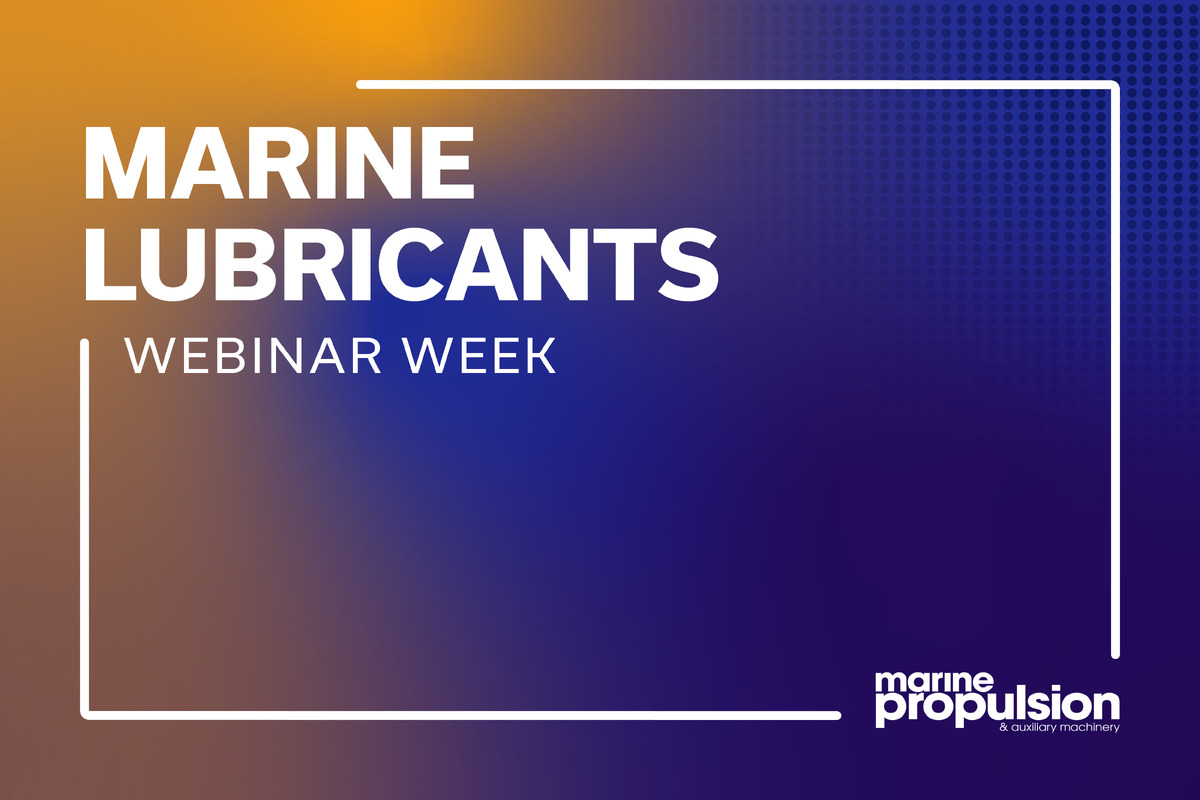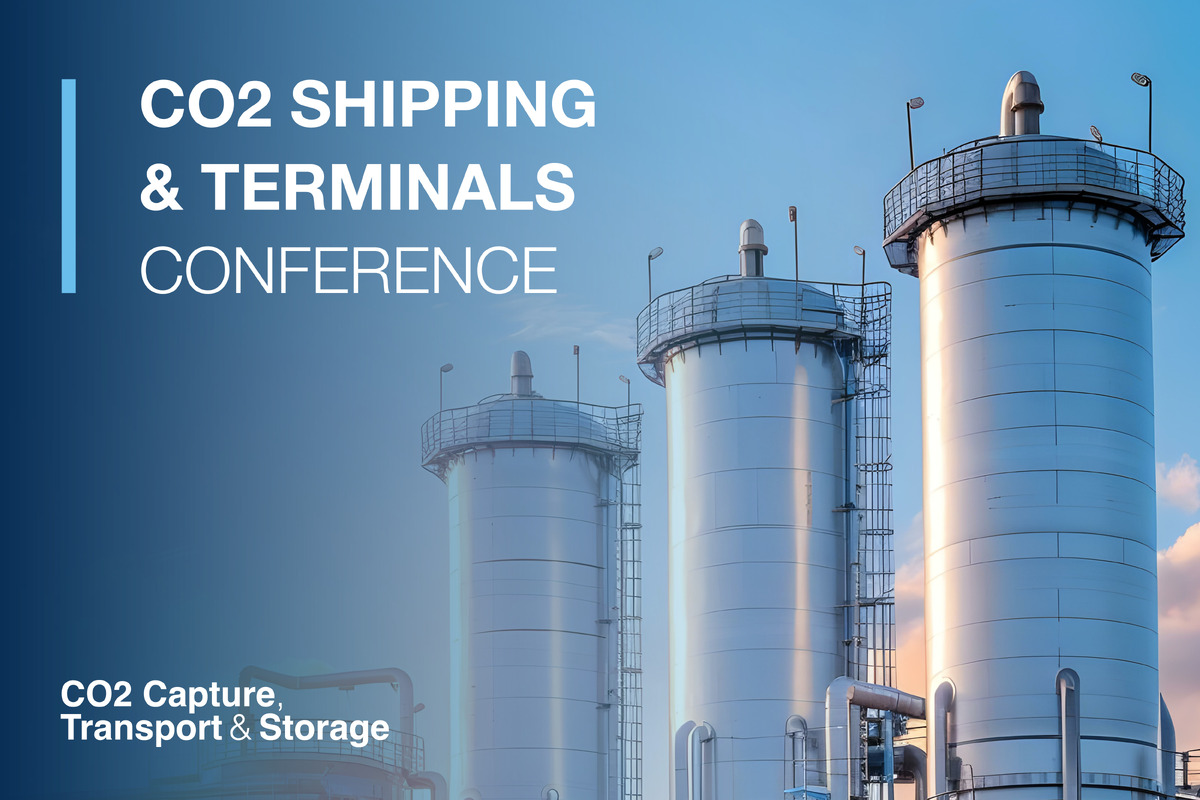Business Sectors
Contents
Nakilat spearheads trend towards in-house LNG ship management
Nakilat and Excelerate are growing their in-house-managed LNGC and FSRU fleets to better realise operational efficiencies and optimise costs
Qatar’s ship management arm, Nakilat Shipping Qatar Limited (NSQL), has started the new year where it left off in 2020, continuing to build its in-house managed fleet. The latest addition is yet another newbuild LNG carrier, the Daewoo Shipbuilding and Marine Engineering-built Global Star, a vessel with a cargo carrying capacity of 173,400m³.
Global Star is the second of the four newbuilds for Global Shipping, a joint venture 60% owned by Nakilat, and Maran Ventures with the remaining 40% stake.
With the newbuild, Nakilat’s rapidly growing managed fleet has grown to 23 LNG and four LPG carriers and one floating storage and regasification unit (FSRU), Exquisite, jointly owned by Nakilat and US-based Excelerate Energy. Including its entire LNG carrier fleet of 69 vessels, Nakilat estimates it controls nearly 12% of the carrying capacity of the existing global LNG fleet. Besides NSQL, Nakilat’s fleet is managed by Shell International Trading and Shipping Co (STASCO), MOL, K-Line, Teekay Shipping, Pronav, Maran Gas, SCI and NYK.
To meet the requirements of the market, two of the Global Shipping LNG carriers will be equipped with a mechanically controlled oil and gas-injection engine (ME-GI), including Global Star, while the other two will be driven by low-pressure, Otto-cycle (X-DF) engines.
Nakilat tells LNG Shipping and Terminals that all four vessels have a refined hull design, but did not respond to further questions about exactly what those refinements were.
Not content with the existing fleet, the group says it will continue to expand the number of managed ships during 2021. After adding Exquisite in late December, its first FSRU with a cargo capacity of 150,900 m³ and a peak regasification rate of 690M cubic feet a day (mcfpd), Nakilat is pushing on with the second phase of its growth strategy in ship management.
Like Exquisite, which delivers most of its gas to Pakistan on fixed contracts, the fleet is sure to be busy. In fact, Excelerate president and chief executive Steven Kobos describes the vessel as the “most utilised FSRU in the world”.
Despite a 27% drop in the kingdom’s revenues from oil and gas in 2020 because of the slump in energy prices, Nakilat has sailed through the pandemic. According to its latest filings for Q3 2020, the group posted a net profit of Qr900M (US$247M), up 23.6%, on revenues of Qr3.06Bn (US$815.8M), up 12.2%. A sharp cost-cutting exercise helped boost the numbers – the group has slashed general and administrative expenses by nearly 19%.
As the pandemic took hold around the word, Nakilat battened down the hatches. “While the entire industry is challenged by the ongoing global pandemic, Nakilat’s defensive business model has allowed the company to navigate smoothly with the required flexibility to continue to deliver clean energy worldwide without disruption to its business,” the filing said. Nakilat also attributed the results to a successful start to the second phase of its fleet management transition that added six vessels since May 2020.
Rapid transition
It has been a rapid transition from outsourcing the fleet to bringing it home. The shift to in-house management began in late 2016 when Nakilat took the vessels back from Shell after a long association dating back to 2006. At the time Shell’s management arm, STASCO, provided a range of services to the fleet, including the management of 14 Q-Max and 11 Q-Flex LNG carriers.
According to Nakilat, the first phase of the transition involving 10 LNG carriers was completed in less than a year, by August 2017, in a rapid process. In a busy 2020, the second phase saw the transition of seven LNG carriers in an overall consolidation exercise designed to capture synergies with Qatargas.
“The management of our vessels centrally controlled from Qatar allows Nakilat to communise the operation to a high standard and further capitalise on existing synergies with our main charterer, Qatargas, realise operational efficiencies and optimise costs,” the group said. “The transition is also designed to build up the kingdom’s expertise in ship management.”
As shipping consultants explain, ship management is a complex business and it takes a long time to acquire the essential skills. “Many shipowners are ill-equipped for the management of a ship, with the 24/7 operations, worldwide schedules and frequently archaic language and culture,” a veteran ship manager pointed out, also citing the complexity of regulations affecting every aspect of the industry. As Nakilat acquires the skills, it will become an increasingly formidable operator.
In effect the delivery arm for Qatargas, Nakilat is unlikely to run out of cargo for a long time. According to energy consultancy Wood Mackenzie, global demand for LNG should double by 2040 while, for its part, Qatargas is confident it will gain more than its fair share, citing the attraction for its low-priced natural gas. Nakilat is also strategically located for deliveries to the most LNG- and LPG-hungry regions, primarily Asia, which accounts for over two thirds of the market for what is seen as the last fossil fuel with serious prospects for long-term growth.
The fleet will certainly have to grow to cope with increasing production. When Qatar’s giant North Field is in full operation in 2027, output will jump by a massive 64%, according to the kingdom’s own estimates.
That’s one reason why in June 2020, Qatar Petroleum, the parent of Qatargas, signed a QAR70Bn (US$19Bn) contract with South Korea to build over 100 new LNG carriers, the biggest LNG shipbuilding programme ever.
“As Nakilat acquires the skills, it will become an increasingly formidable operator”
The world of LNG will be different after the pandemic lifts, predicts the president and CEO of Qatar Petroleum, Saad Sherida Al-Kaabi, also the Minister of State for Energy Affairs. “Natural gas will play a pivotal role and display its important economic and environmental qualities,” he said in remarks to the seventh Ministerial Gas Forum in late December.
In fact, Qatar is betting its medium-term future on LNG. The expansion of the North Field will raise total production to 126 mta by 2027. The project is designed to slash gas emissions and to capture and sequester more than seven million tons of CO2 a year that would, said Mr Al-Kaabi, “place us firmly on the road to becoming a leader in the decarbonisation of the LNG value chain.”
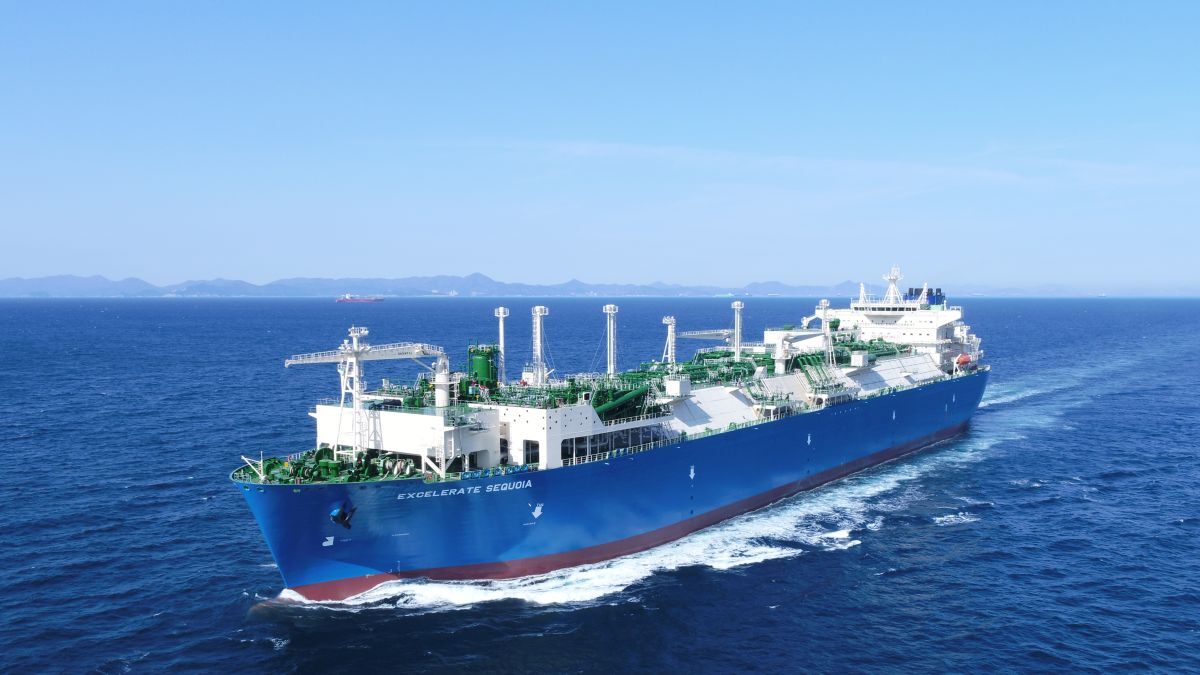
FSRU ship management
Meantime, the move towards in-sourcing LNG ship management appears to be speeding up. Texas-based Excelerate Energy, which shifted the hard-working Exquisite into the care of Nakilat, completed in late December the transition of its entire fleet of FSRUs to its new wholly-owned subsidiary, Excelerate Technical Management (ETM), with the transfer of Experience. The project was completed in double-quick time. “Transitioning 10 ships in 10 months is a tremendous accomplishment in any year, but especially in 2020,” said Mr Kobos.
In early 2021, Excelerate was putting the vessels through scheduled maintenance and upgrades as it prepared for a packed schedule. With one of the world’s biggest fleet of FSRUs under management, the Texas company specialises in versatile platforms. Its FSRUs load in the same way as standard LNG tankers, but are also flexible enough to discharge in three different functions. They can pump the liquid at a conventional LNG receiving terminal, as a gas through a connection with a sub-sea buoy in the hull of the ship, and as a gas through a high-pressure manifold located forward of the LNG loading arms.
In terms of vapourisation, Excelerate explains, the FSRUs can operate in closed or open-loop, or combined modes. Further, although the vessels come with pre-set regasification capabilities, these can be adjusted according to the customers’ requirements.
Taking versatility a step further, Excelerate’s tenth and latest vessel, the DSME-built Sequoia, with a storage capacity of 173,400 m³, can operate as an FSRU or as a fully tradeable LNG carrier. (The South Korean shipbuilder has constructed all 10 of Excelerate’s FSRUs.) The ship is currently in the first year of a five-year bareboat charter with Maran Gas Maritime, the gas shipping unit of the Angelicoussis group. Excelerate has an option to buy the FSRU during the period of the charter.
Finally, in further proof of the booming LNG market in Asia, Höegh LNG will soon send its FSRU and LNG carrier, Höegh Giant, to Keppel Shipyard for minor modifications in preparation for a landmark 10-year charter with H-Energy at the import terminal in Jaigarh, India after the contract was signed off in early February 2021.
The first FSRU to operate in India, according to Höegh LNG, Höegh Giant will deliver natural gas to the 56km Jaigarh-Dabhol pipeline that connects the terminal to the national grid, as well as deliver LNG onshore for distribution by trucks. The vessel will also reload LNG onto smaller vessels for local deliveries.
According to Hoegh LNG president and CEO Sveinung J. S. Støhle, this could be the start of something much bigger. “India is a high-growth market and we see clear potential for Höegh LNG to provide additional FSRUs and clean-energy solutions to this market over the coming years.”
Related to this Story
Events
Reefer container market outlook: Trade disruption, demand shifts & the role of technology
Asia Maritime & Offshore Webinar Week 2025
Marine Lubricants Webinar Week 2025
CO2 Shipping & Terminals Conference 2025
© 2024 Riviera Maritime Media Ltd.
